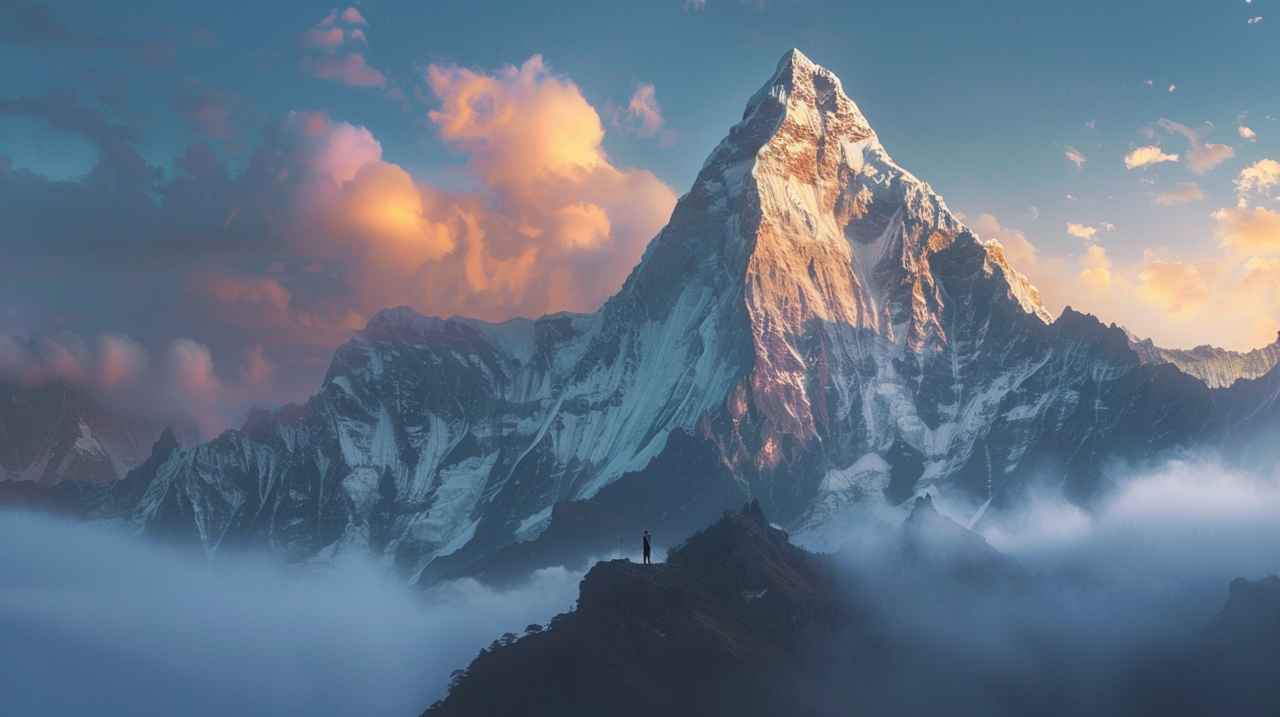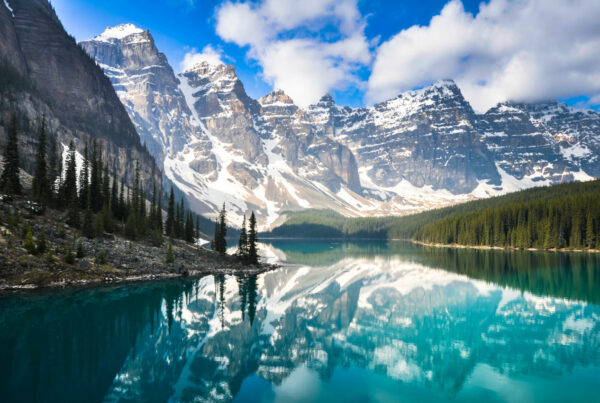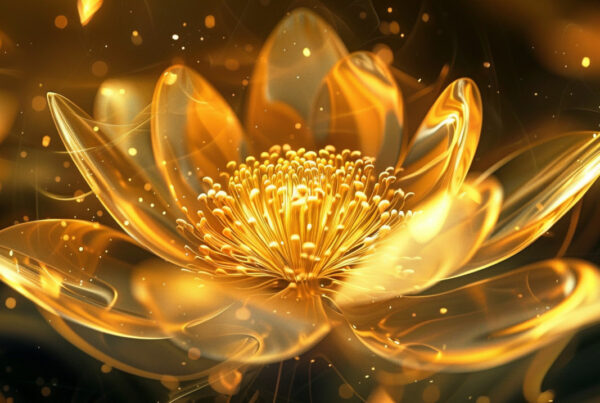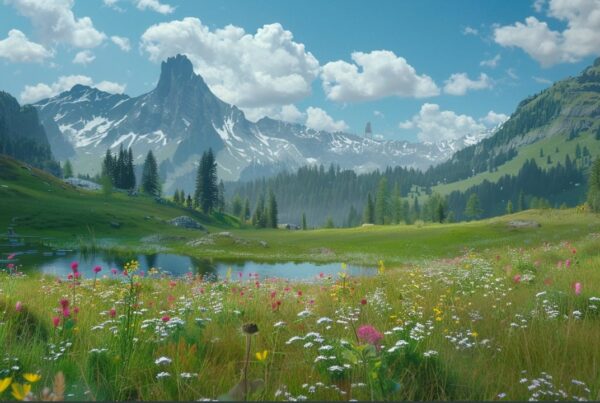Here are some of the most beautiful quotes about awe and wonder.
1. “Awe is the feeling of being in the presence of something vast that transcends your current understanding of the world.”
― Dacher Keltner, Awe: The New Science of Everyday Wonder
2. Wisdom begins in wonder.
— Socrates
3. The moment one gives close attention to anything, even a blade of grass, it becomes a mysterious, awesome, indescribably magnificent world in itself.
— Henry Miller
4. “Don’t ask yourself what the world needs. Ask yourself what makes you come alive, and go do that because what the world needs is people who have come alive.”
― Howard Thurman
5. If our religion is based on salvation, our chief emotions will be fear and trembling. If our religion is based on wonder, our chief emotion will be gratitude.
— Carl Jung
6. “Our goal should be to live life in radical amazement… get up in the morning and look at the world in a way that takes nothing for granted. Everything is phenomenal; everything is incredible; never treat life casually. To be spiritual is to be amazed.”
— Abraham Joshua Heschel
7. We teach children how to measure and how to weigh. We fail to teach them how to revere, how to sense wonder and awe.
— Harold S. Kushner
8. Gratitude bestows reverence, allowing us to encounter everyday epiphanies, those transcendent moments of awe that change forever how we experience life and the world.
— John Milton
9. Because philosophy arises from awe, a philosopher is bound in his or her way to be a lover of myths and poetic fables. Poets and philosophers are alike in being big with wonder.
— Thomas Aquinas
10. Religious awe is the same organic thrill which we feel in a forest at twilight, or in a mountain gorge.
— William James
11. In some respects, science has far surpassed religion in delivering awe. How is it that hardly any major religion has looked at science and concluded, “This is better than we thought! The Universe is much bigger than our prophets said, grander, more subtle, more elegant. God must be even greater than we dreamed”? Instead they say, ‘No, no, no! My god is a little god, and I want him to stay that way.’ A religion old or new, that stressed the magnificence of the universe as revealed by modern science, might be able to draw forth reserves of reverence and awe hardly tapped by the conventional faiths. Sooner or later such a religion will emerge.
— Carl Sagan
12. “In the next twenty centuries…humanity may begin to understand its most baffling mystery—where are we going? The earth is, in fact, traveling many thousands of miles per hour in the direction of the constellation Hercules—to some unknown destination in the cosmos. Man must understand his universe in order to understand his destiny.
Mystery, however, is a very necessary ingredient in our lives…Mystery creates wonder and wonder is the basis for man’s desire to understand. Who knows what mysteries will be solved in our lifetime, and what new riddles will become the challenge of the new generation? Science has not mastered prophesy. We predict too much for the next year yet far too little for the next ten. Responding to challenges is one of democracy’s great strengths. Our successes in space can be sued in the next decade in the solution of many of our planet’s problems.”
― Neil Armstrong
13. “Without awe life becomes routine…try to be surprised by something every day. Try to surprise at least one person every day.”
― Mihalyi Csikszentmihalyi
14. “If a child is to keep alive his inborn sense of wonder, he needs the companionship of at least one adult who can share it, rediscovering with him the joy, excitement and mystery of the world we live in.”
― Rachel Carson, The Sense of Wonder
15. Awe is more than an emotion; it is a way of understanding, insight into a meaning greater than ourselves. The beginning of awe is wonder, and the beginning of wisdom is awe. Awe is an intuition for the dignity of all things, a realization that things not only are what they are but also stand, however remotely, for something supreme. Awe is a sense for transcendence, for the reference everywhere to mystery beyond all things. It enables us to perceive in the world intimations of the divine, to sense in small things the beginning of infinite significance, to sense the ultimate in the common and the simple: to feel in the rush of the passing the stillness of the eternal. What we cannot comprehend by analysis, we become aware of in awe.
― Abraham Joshua Heschel
16. “If you think of feelings you have when you are awed by something – for example, knowing that elements in your body trace to exploded stars – I call that a spiritual reaction, speaking of awe and majesty, where words fail you.”
― Neil deGrasse Tyson
17. “Wonder, the mental state of openness, questioning, curiosity, and embracing mystery, arises out of experiences of awe. In our studies, people who find more everyday awe show evidence of living with wonder. They are more open to new ideas. To what is unknown. To what language can’t describe. To the absurd. To seeking new knowledge. To experience itself, for example of sound, or color, or bodily sensation, or the directions thought might take during dreams or meditation. To the strengths and virtues of other people. It should not surprise that people who feel even five minutes a day of everyday awe are more curious about art, music, poetry, new scientific discoveries, philosophy, and questions about life and death. They feel more comfortable with mysteries, with that which cannot be explained.”
― Dacher Keltner, Awe: The New Science of Everyday Wonder
18. “There are two ways to live: you can live as if nothing is a miracle; you can live as if everything is a miracle. The most beautiful thing we can experience is the mysterious. It is the source of all true art and all science. He to whom this emotion is a stranger, who can no longer pause to wonder and stand rapt is awe, is as good as dead: his eyes are closed.”
― Albert Einstein
19. “Above all, watch with glittering eyes the whole world around you because the greatest secrets are always hidden in the most unlikely places. Those who don’t believe in magic will never find it.”
― Roald Dahl
20. “The world is full of magic things, patiently waiting for our senses to grow sharper.”
― W.B. Yeats
21. We’re all talking about the same thing, whether it’s religious people or New Age spiritual people or Buddhists or scientists. We’re all talking about having a sense of awe and wonder at something grander than ourselves.
― Michael Shermer
22. “The feeling of awed wonder that science can give us is one of the highest experiences of which the human psyche is capable. It is a deep aesthetic passion to rank with the finest that music and poetry can deliver. It is truly one of the things that make life worth living and it does so, if anything, more effectively if it convinces us that the time we have for living is quite finite.”
― Richard Dawkins, Unweaving the Rainbow: Science, Delusion and the Appetite for Wonder
23. “Because philosophy arises from awe, a philosopher is bound in his way to be a lover of myths and poetic fables. Poets and philosophers are alike in being big with wonder.”
― Thomas Aquinas
24. “I felt deep within me that the highest point man can attain is not knowledge, or virtue, or goodness, or victory, but something even greater, more heroic and more despairing: Sacred Awe.”
― Nikos Kazantzakis, Zorba the Greek
25. “Knowledge and wonder are the dyad of our worthy lives as intellectual beings. Voyager did wonders for our knowledge, but performed just as mightily in the service of wonder – and the two elements are complementary, not independent or opposed. The thought fills me with awe – a mechanical contraption that could fit in the back of a pickup truck, traveling through space for twelve years, dodging around four giant bodies and their associated moons, and finally sending exquisite photos across more than four light-hours of space from the farthest planet in our solar system.”
— Stephen Jay Gould
26. Modern technology has lost its magic. No longer do people stand in awe, thrilled by the onward rush of science, the promise of a new day. Instead, the new is suspect. It arouses our hostility as much as it used to excite our fancy. With each breakthrough there are recurrent fears and suspicion. How will the advance further pollute our lives; modern technology is not merely what it first appears to be. Behind the white coats, the disarming jargon, the elaborate instrumentation, and at the core of what has often seemed an automatic process, one finds what Dorothy found in Oz: modern technology is human after all.
— David F. Noble
27. [When I was a child] I grew up in Brooklyn, New York, and I was a street kid. … [T]here was one aspect of that environment that, for some reason, struck me as different, and that was the stars. … I could tell they were lights in the sky, but that wasn’t an explanation. I mean, what were they? Little electric bulbs on long black wires, so you couldn’t see what they were held up by? What were they? … My mother said to me, “Look, we’ve just got you a library card … get out a book and find the answer.” … It was in there. It was stunning. The answer was that the Sun was a star, except very far away. … The dazzling idea of a universe vast beyond imagining swept over me. … I sensed awe.
— Carl Sagan
28. We have lived by the assumption that what was good for us would be good for the world…. We have been wrong. We must change our lives, so that it will be possible to live by the contrary assumption that what is good for the world will be good for us. And that requires that we make the effort to know the world and to learn what is good for it. We must learn to cooperate in its processes, and to yield to its limits. But even more important, we must learn to acknowledge that the creation is full of mystery; we will never entirely understand it. We must abandon arrogance and stand in awe. We must recover the sense of the majesty of creation, and the ability to be worshipful in its presence. For I do not doubt that it is only on the condition of humility and reverence before the world that our species will be able to remain in it
— Wendell Berry
29. Every day is an opportunity to stand in awe when witnessing the overpowering presence of nature, an apt time to pay reverence for the inestimable beauty of life. I must remain mindful to live in an ethical manner by paying attention to the threat of injustice towards other people and resist capitulating to the absurdity of being a finite body born into infinite space and time. I am part of the world, a spar in a sacred composition, a body of energy suspended in the cosmos. I seek to create a poetic personal testament to life.
— Kilroy J. Oldster, Dead Toad Scrolls
30. Every aspect of Nature reveals a deep mystery and touches our sense of wonder and awe. Those afraid of the universe as it really is, those who pretend to nonexistent knowledge and envision a Cosmos centered on human beings will prefer the fleeting comforts of superstition. They avoid rather than confront the world. But those with the courage to explore the weave and structure of the Cosmos, even where it differs profoundly from their wishes and prejudices, will penetrate its deepest mysteries.
— Carl Sagan
31. For thousands of years, it had been nature–and its supposed creator — that had had a monopoly on awe. It had been the icecaps, the deserts, the volcanoes and the glaciers that had given us a sense of finitude and limitation and had elicited a feeling in which fear and respect coagulated into a strangely pleasing feeling of humility, a feeling which the philosophers of the eighteenth century had famously termed the sublime. But then had come a transformation to which we were still the heirs… Over the course of the nineteenth century, the dominant catalyst for that feeling of the sublime had ceased to be nature. We were now deep in the era of the technological sublime, when awe could most powerfully be
invoked not by forests or icebergs but by supercomputers, rockets and particle accelerators. We were now almost exclusively amazed by ourselves.
— Alain de Botton, The Pleasures and Sorrows of Work
32. “When they lose their sense of awe, people turn to religion. When they no longer trust themselves, they begin to depend upon authority. Therefore the Master steps back so that people won’t be confused. He teaches without a teaching, so that people will have nothing to learn.”
— Lao Tzu
33. “If we surrendered
to earth’s intelligence
we could rise up rooted, like trees.”
— Rainer Maria Rilke
34. “This grand show is eternal. It is always sunrise somewhere; the dew is never all dried at once; a shower is forever falling; vapor is ever rising. Eternal sunrise, eternal sunset, eternal dawn and gloaming, on sea and continents and islands, each in its turn, as the round earth rolls.”
— John Muir
35. “If I had influence with the good fairy who is supposed to preside over the christening of all children, I should ask that her gift to each child in the world would be a sense of wonder so indestructible that it would last throughout life, as an unfailing antidote to the boredom and disenchantment of later years, the sterile preoccupation with things that are artificial, the alienation from the sources of our strength.”
― Rachel Carson, The Sense of Wonder
- Chephren Lake And The Mistaya River Valley - July 1, 2024
- Mindfulness And The 4 Steps of Attention Restoration Theory - June 29, 2024
- 3 Pillars Of An Ecotourism Marketing Strategy For Selling Travel Experiences - June 29, 2024



